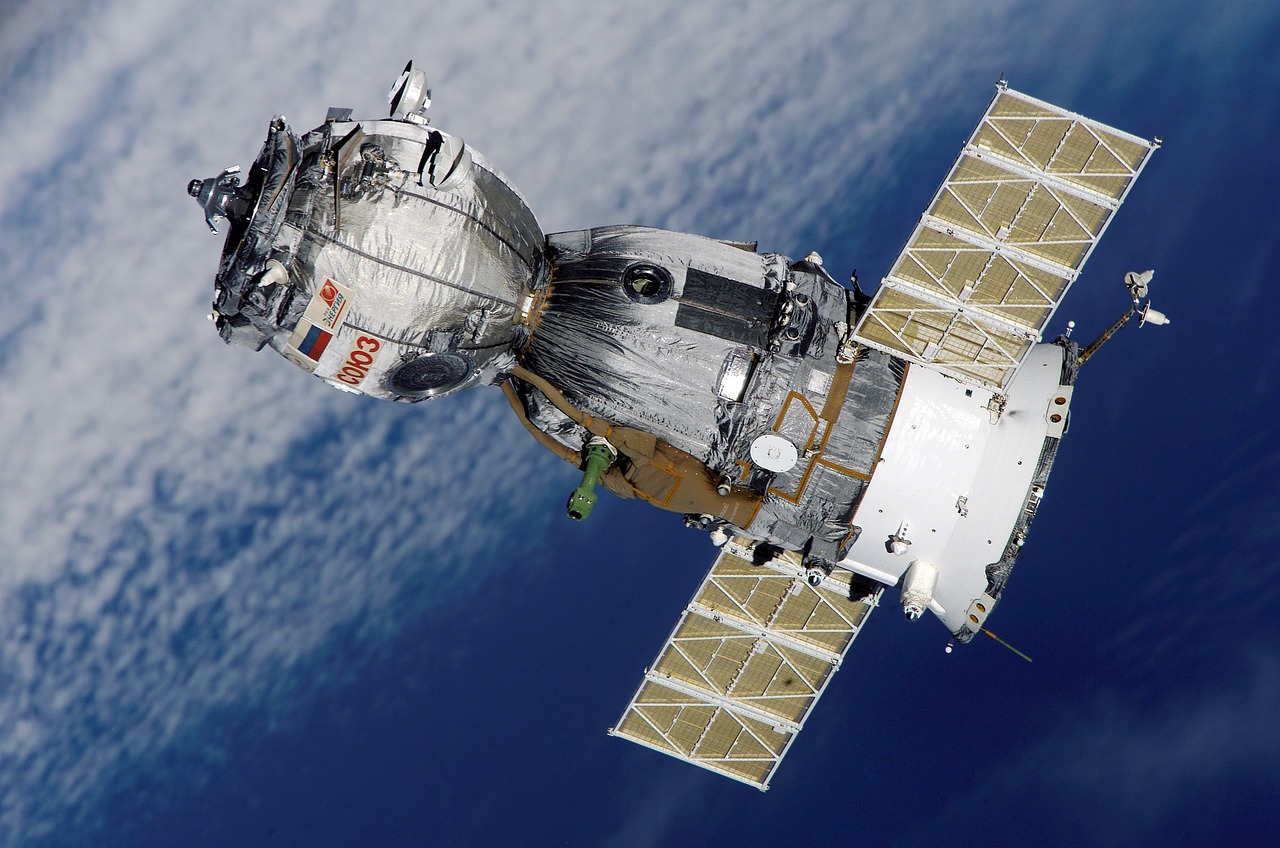Title: Legal Challenges in Space Resource Exploitation
Introduction: The final frontier is becoming a new legal battleground as nations and private enterprises race to exploit space resources. This emerging field of space law grapples with complex issues of sovereignty, property rights, and environmental protection beyond Earth's atmosphere. As technology advances, legal frameworks struggle to keep pace, raising crucial questions about the future of space exploration and commercialization.

National Space Resource Laws
In recent years, several countries have enacted domestic legislation to address the legal vacuum surrounding space resource utilization. The United States led the way with the 2015 Commercial Space Launch Competitiveness Act, which grants U.S. citizens the right to own and sell space resources they extract. Luxembourg and the United Arab Emirates have followed suit with similar laws, aiming to position themselves as hubs for space mining companies.
The Concept of Non-Appropriation
A central legal debate revolves around the principle of non-appropriation established by the Outer Space Treaty. Critics argue that allowing private entities to extract and claim ownership of space resources violates this principle. Proponents contend that resource extraction does not constitute territorial claims and is therefore permissible. This disagreement highlights the need for clearer international consensus on the interpretation of space law.
Environmental Concerns and Space Debris
As plans for space resource exploitation advance, environmental considerations come to the forefront. There are no comprehensive international regulations governing the environmental impact of space mining or the management of space debris. The potential for contamination of celestial bodies and the creation of hazardous orbital debris poses significant legal and ethical challenges that must be addressed.
Dispute Resolution in Space
The absence of a dedicated international court for space-related disputes complicates legal proceedings in this domain. While the International Court of Justice can potentially adjudicate conflicts between states, there is no clear mechanism for resolving disputes involving private entities in space. This legal gap raises questions about enforcing contracts, settling accidents, and addressing liability issues in space activities.
The Role of International Organizations
Organizations like the United Nations Committee on the Peaceful Uses of Outer Space (COPUOS) play a crucial role in developing space law. However, the slow pace of international consensus-building often lags behind technological advancements. There is growing pressure for more agile legal frameworks that can adapt to the rapidly evolving space sector while ensuring equitable access and benefits for all nations.
Balancing Commercial Interests and Common Heritage
A fundamental tension exists between the drive for commercial exploitation of space resources and the concept of space as the common heritage of mankind. Striking a balance between incentivizing private investment and preserving space for the benefit of all humanity remains a key challenge. Some propose establishing an international regime to oversee resource extraction and ensure fair distribution of benefits.
The Future of Space Law
As space activities intensify, the development of a comprehensive and widely accepted legal framework becomes increasingly urgent. Future space law may need to address issues such as property rights on celestial bodies, the establishment of space colonies, and the governance of off-world settlements. The evolution of space law will play a critical role in shaping humanity’s expansion into the cosmos and determining how the benefits of space resources are shared among nations and future generations.






